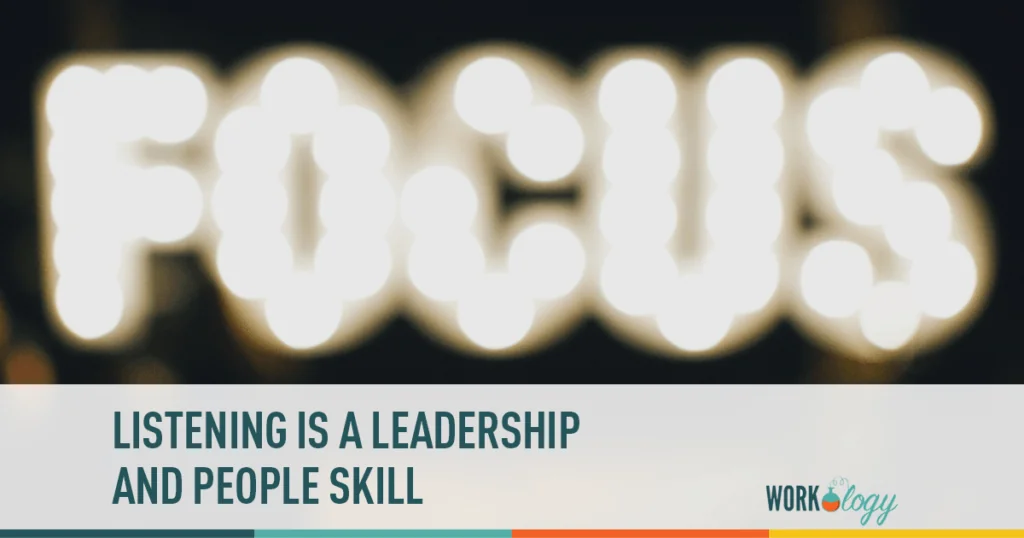“Put down the electronics and pay attention, be present.”
This statement can be overheard at dinner tables, little league games, ballet recitals and now boardrooms. We’ve lost ourselves in our smartphones, tablets and giant screens. 24/7 accessibility is killing our communication skills, relationships and careers. We’ve forgotten how to listen.
Can You & Your Organization Afford Not to Listen?
I’ll go out on a limb and answer this question for all of us with a very loud and bold, NO. In the United States and United Kingdom alone, $37 billion is the total estimated cost of misunderstandings resulting from ineffective listening. If that isn’t reason enough to put away your beloved mobile device then maybe knowing that $26,042 per year is the expense associated for just one employee’s productivity losses due to misunderstanding resulting from poor listening. The numbers speak for themselves and it’s time we make a diligent effort to better ourselves, not just as leaders, but as parents, friends and colleagues. It’s time we listen.
On Your Mark, Get Set, Listen.
Approximately 85% of knowledge gained is done so through listening. I guess you could say, listening is kind of important. It saves us from embarrassment, helps us build trust and relationships faster and can fast track our careers. Just Google “leadership skills” and listening along with communication are at the top of most all lists. There is a reason for this, listening matters.
Sadly, all of the modern conveniences and social technological advances we have become accustomed to are hindering our abilities to interact as humans. Learning by listening has been replaced by our instant gratification often deterred to distractions, resulting in lost productivity and lost information.
Wish to improve your own listening skills? Try these 5 tips.
- Practice Silence – Silence is golden. Make it a point to sit alone and clear your mind, reset your ears and allow yourself to enjoy all the mundane sounds surrounding you. In doing so, overtime, you will learn to tune out all the distractions surrounding you and improve the quality of your listening skills.
- Find Patience – We have become a society that loses interest in anything over 140 characters. Text messages and shortened sound bites are the new norm when it comes to communication. The problem is just that, not everything can be explained in an abbreviated way. Patience is your friend and a key component of stronger communication skills.
- Look Between the Lines – It’s what isn’t said that sometimes matters most. Observe body language, change in tone, facial expressions and other nonverbal cues for greater understanding and often times the motive behind the words.
- Give Your All – Show respect and give your full attention. Active listening goes beyond just receiving information to appreciating what is being said. Make eye contact, engage in the conversation and ask questions. A simple nod and brief summary of the conversation goes a long way in building a reciprocal relationship of trust.
- Don’t Jump the Gun – Not every conversation needs an immediate reply. Slow down, take it in and avoid overreacting. Pay close attention to the message, not the way in which it’s being delivered.
Are you listening to what I am saying?








